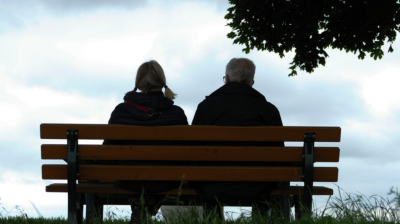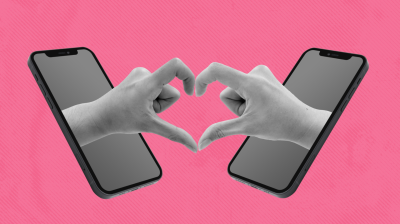Mind yourself online
Being sensible is being smart

The beauty of the internet is that any information in the world, from the winner of the 1901 Cheltenham Gold Cup to the electoral candidates of the Faroe Islands can be found within a matter of seconds. Whilst this makes for a wonderful distraction from studying or getting any work done (I’ve experienced days of my life which vanished in a haze of facts, videos and figures. More than once, I’ve looked up to realise that it was 6pm and I hadn’t gone outside yet), there is a dark side to being able to access such a wealth of knowledge, entertainment and opinion in one place. To put it bluntly: if you can read almost anything about your topic of choice within seconds, then it can’t be hard for someone else to find out about you if they wanted. For me, this double-edged sword hits at an aspect of the current “right to be forgotten” debate which I’m sure everyone on both sides can agree on: regardless of whether or not you feel it necessary or desirable to allow people to have content relating to them removed from the internet, we all need to exercise caution in our daily internet usage.
This is particularly the case with regard to social media, in which we document whole lives through a succession of status updates, photographs and posts outlining our interests, experiences and opinions for those in our social network to see. There is a tremendously exciting aspect to this, and some people have a real genius for it. This includes several people who’ve managed to turn their own Twitter feeds into full-blown media careers, seeing enough potential in their day-to-day lives to be able to turn it into art 140 characters at a time. Unfortunately, it has to be remembered that all of this content stays online long after everyone has read and forgotten about it. The internet doesn’t know or care that a real person changes over time, meaning all matter of missteps can be accessed by anyone with the inclination to seek it out. Much to my mortification, even things which have long since descended into digital ghost towns such as Bebo or Livejournal remain online so that everybody can laugh at how dated 2006’s hottest music and fashions now look.
Whilst the bulk of this may be harmless enough in and of itself, embarrassing as it may be, it does mean that reprehensible phenomena such as “revenge porn” are now something which people have to be wary of given that it’s now possible for private content or actions and opinions best forgotten to show up against a person’s name in a Google Search. The “right to be forgotten” campaign seeks to address this by having legislation changed across the European Union to ensure people can have data relating to them removed from Google if they wish. A high-profile example of this would be the leaked celebrity nude photos which emerged last summer after an iCloud hack, surely the largest case of revenge porn (albeit against total strangers on the part of the hacker) ever seen. As it stands, chances to control our online images are few and far between, and in the event that any of us become the victims of revenge porn or find ill-advised diatribes we wrote before we knew any better re-emerging, all we can do is hope that the owners of the hosting sites will be generous enough to take them down upon request. Given that only a handful of people have copyright on their selfies or blog posts, most of us are very much at the mercy of Google or various other search engines on this issue.
I’m personally conflicted on the “right to be forgotten”. Whilst I agree people shouldn’t have their past potentially coming back to haunt them through no fault of their own, allowing people to potentially remove any unflattering content about them could negatively impact free speech or journalism. This is especially so in the case of politicians or celebrities being able to access what amounts to a digital superinjunction against various reports containing revelations about their personal lives or earlier careers. As stated, what I love about the internet is being able to read anything at all and make up my own mind about it.
However, regardless of where you stand on the campaign overall, I’m sure you’ll find it hard to disagree that some discretion is needed when posting online. The best protection will always be your own behaviour. Suppose for a moment that all of the information stored on the internet was also available in hard copy from your local library for anyone with a membership to read or photocopy as they wished. They don ‘t have to tell anyone except the librarians what they were looking at, meaning that it could be absolutely anything from a post you made on a Fallout Boy fan page when you were 14 to a post you made on Reddit this morning. Essentially, the same standards apply to your online behaviour as would to your life away from the internet. You wouldn’t voice opinions or make jokes which you know could be highly offensive if you were in a room full of strangers, which is what the internet frequently is to all intents and purposes. Most of these strangers are probably just like you or me, but it’s impossible to know what will crop up somewhere in several years’ time. We all occasionally have lapses in judgement, meaning that unfortunately we have to be careful as to whether these could come back to haunt us in years. For a “right to be forgotten” law to have any genuine meaning, we have to learn to conduct ourselves responsibly on the internet first, and to teach children and teenagers coming online to do the same to spare them the embarrassment of seeing their equivalent of Livejournal blogs shown to them on their 21st or 30th birthday.






